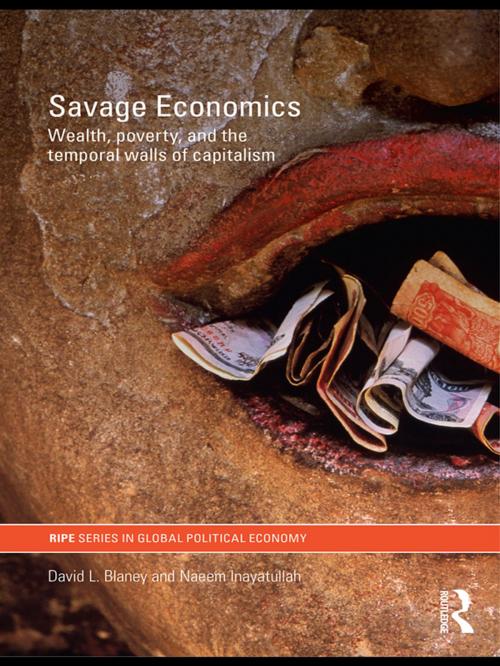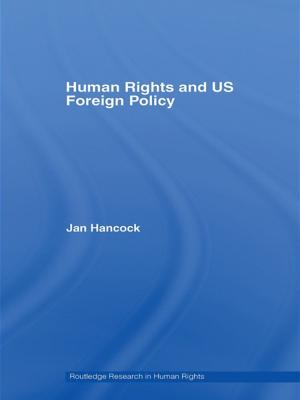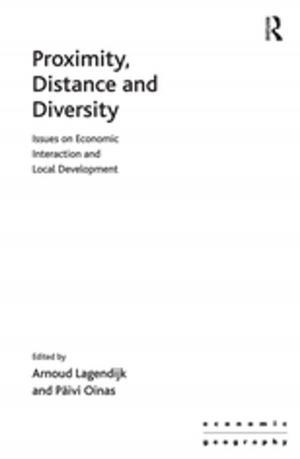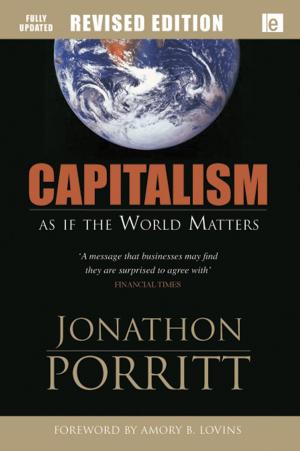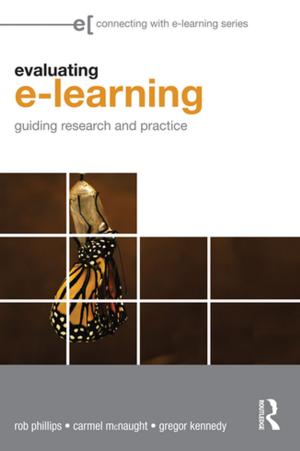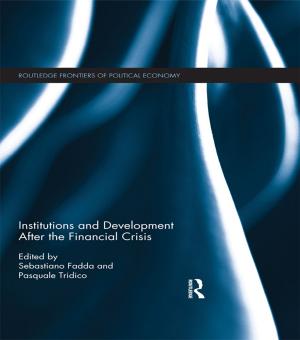Savage Economics
Wealth, Poverty and the Temporal Walls of Capitalism
Nonfiction, Social & Cultural Studies, Political Science, Politics, Economic Policy| Author: | David L. Blaney, Naeem Inayatullah | ISBN: | 9781135265038 |
| Publisher: | Taylor and Francis | Publication: | January 4, 2010 |
| Imprint: | Routledge | Language: | English |
| Author: | David L. Blaney, Naeem Inayatullah |
| ISBN: | 9781135265038 |
| Publisher: | Taylor and Francis |
| Publication: | January 4, 2010 |
| Imprint: | Routledge |
| Language: | English |
This innovative book challenges the most powerful and pervasive ideas concerning political economy, international relations, and ethics in the modern world.
Rereading classical authors including Adam Smith, James Steuart, Adam Ferguson, Hegel, and Marx, it provides a systematic and fundamental cultural critique of political economy and critically describes the nature of the mainstream understanding of economics. Blaney and Inayatullah construct a powerful argument about how political economy and the capitalist market economy should be understood, demonstrating that poverty is a product of capitalism itself. They address the questions:
- Is wealth for some bought at the cost of impoverishing, colonizing, or eradicating others?
- What benefits of wealth might justify these human costs?
- What do we gain and lose by endorsing a system of wealth creation?
- Do even "savage cultures" contain values, critiques, and ways of life that the West still needs?
Opening the way for radically different policies addressing poverty and demanding a rethink of the connections between political economy and international relations, this thought-provoking book is vital reading for students and scholars of politics, economics, IPE and international relations.
This innovative book challenges the most powerful and pervasive ideas concerning political economy, international relations, and ethics in the modern world.
Rereading classical authors including Adam Smith, James Steuart, Adam Ferguson, Hegel, and Marx, it provides a systematic and fundamental cultural critique of political economy and critically describes the nature of the mainstream understanding of economics. Blaney and Inayatullah construct a powerful argument about how political economy and the capitalist market economy should be understood, demonstrating that poverty is a product of capitalism itself. They address the questions:
- Is wealth for some bought at the cost of impoverishing, colonizing, or eradicating others?
- What benefits of wealth might justify these human costs?
- What do we gain and lose by endorsing a system of wealth creation?
- Do even "savage cultures" contain values, critiques, and ways of life that the West still needs?
Opening the way for radically different policies addressing poverty and demanding a rethink of the connections between political economy and international relations, this thought-provoking book is vital reading for students and scholars of politics, economics, IPE and international relations.
